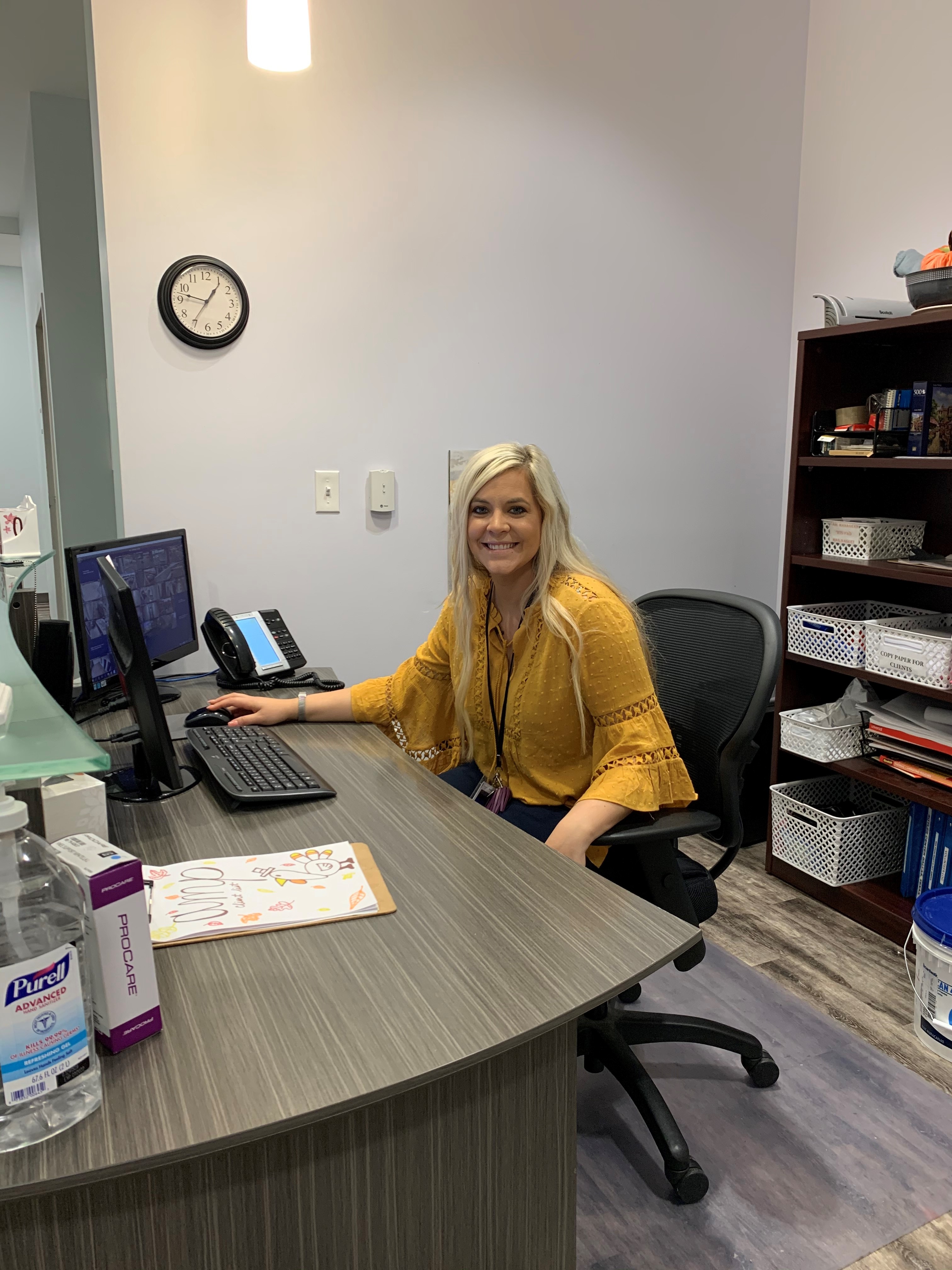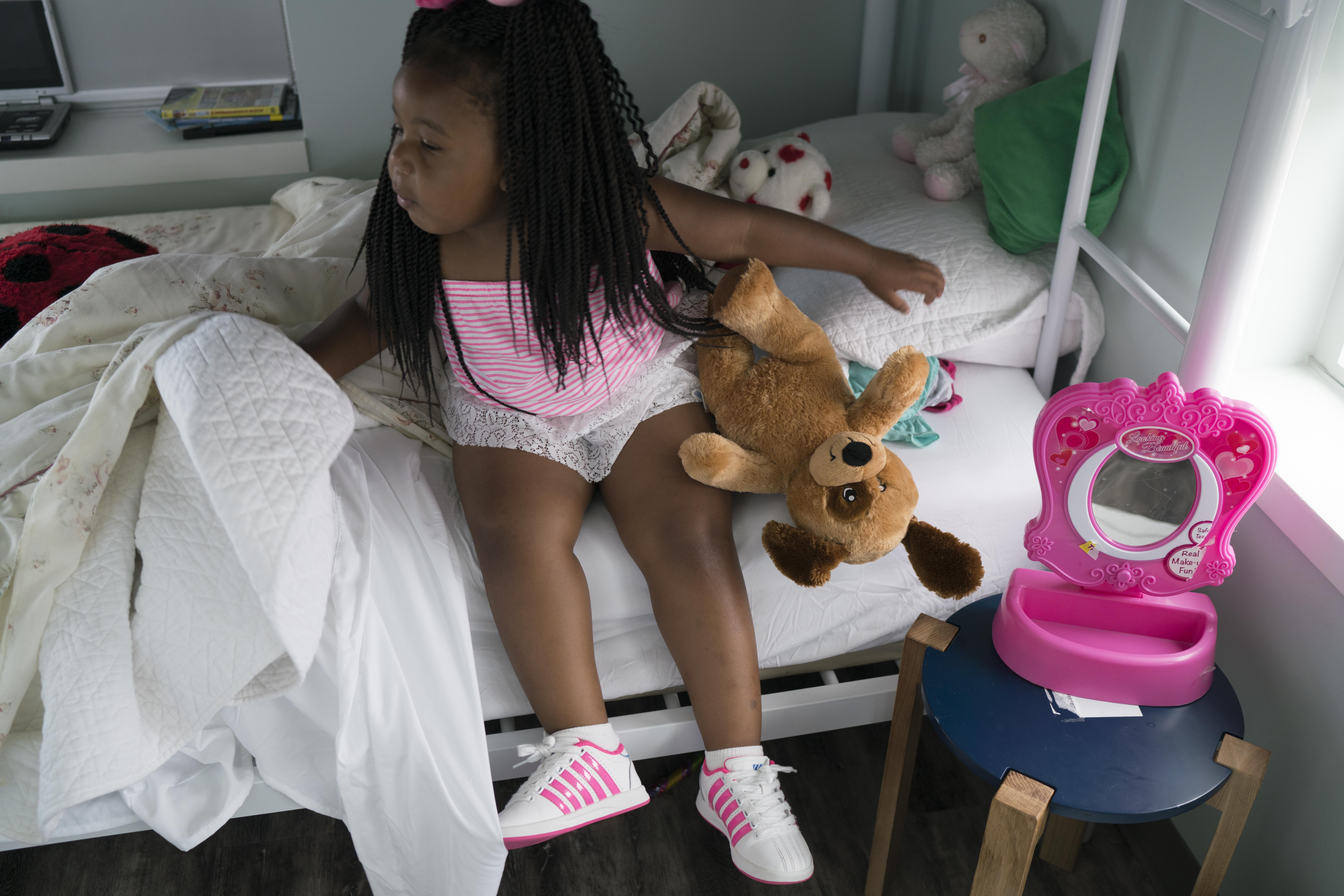by
Manish Patel
| Nov 11, 2019

Our Emergency Shelter Services are crucial to keep victims safe as they leave their abusers. We prioritize the client to make sure they feel safe and supported while in our shelter. Across The Family Place’s three shelters we have a total of 177 shelter beds.
Upon arrival, clients are greeted by a resident advocate who ensures they feel safe and welcome from the moment they come through the doors. Clients are provided three meals a day and have access to a pantry with basic needs. Each victim in our emergency shelter is assigned a case manager who provides resources and day-to-day help.
Once settled in our shelter, clients can participate in different programs within The Family Place. While our top priority for families in our shelter is to provide physical safety and emotional healing, we also have domestic violence education courses, parenting classes and employment classes to help victims get back on their feet and start a new life. An average stay in one of our shelters is around 45 days, but this varies depending on each individual’s situation.
At our shelters clients have access to childcare, a medical and dental clinic, and we even have an animal kennel for their furry friends. With these services on-site, they do not have to worry about transportation or financial barriers that could prevent them from getting help.
Abby Davis, our Emergency Shelter Services Program Director at Ann Moody Place, oversees the daily operations of the shelter to ensure clients’ needs are being met and case managers have adequate support for their caseloads.
One story that sticks out to Abby is a woman who struggled with immigration issues and had a young son with autism. She had no support from friends and family, but always had a positive attitude and remained patient with her son no matter the circumstance. She was able to get into our transitional housing program and has now moved into her own home to begin her new life.
“This agency is a blessing for many clients who otherwise would not have the opportunity to be safe and have an undisclosed location with trauma-informed care and educated staff with knowledge of domestic violence and the dynamics of abuse,” says Abby.
